We all know that going camping requires a lot of organization and preparation. Menus can be both fun to plan and difficult to choose well. We must, in fact, find simple but nutritious meals that will allow us to move around all day without being hungry.
Here are several practical culinary tips and ideas for your camping trip this summer. You will find advice for your preparation before leaving and for cooking once there, ideas for nutritious foods and advice for reducing waste.
Preparation before leaving
Marinating and freezing meats
Before going on a camping trip, it is advisable to prepare and marinate your meats in a freezer bag, then put them in the freezer. This way, meats will last longer and help maintain freshness in your cooler. Plus, by preparing meals at home, you won't need to bring as many cooking equipment.
Vacuum pack
Vacuum packaging certain foods can be a very good option when going camping. In addition to allowing food to be stored for longer, it takes up less space in the cooler. Vacuum packaging can be practical for meats, vegetables, and even prepared meals! Just put them in boiling water to warm them up.
Prepare the vegetables
Preparing and cutting all the necessary vegetables according to the planned meals is a good way to simplify life once you get there. A good healthy snack can also be cutting up a few extra vegetables to make raw vegetables.
Cook in advance
Another good option is to cook certain foods in advance when possible. For example, it is possible to cook ground meat or chicken at home. If you plan to eat the meat later in your stay, you can always freeze it to make sure it stays fresh.
Did you have tacos planned? Why not cook your minced meat and add the necessary spices before you leave! This will save you time once you get to the campsite.
Here is an article that will inspire you with more than 10 taco recipes!
Don't forget anything when it comes to kitchen tools
Beyond plates, glasses and utensils, gather the kitchen equipment essential to preparing your meals. Sharp knives, scissors, cutting board, wooden spoons, metal tongs, etc. Make a list before leaving based on the meals chosen and the preparation to be done there. And don't forget to bring the necessary equipment to wash the dishes afterwards (dishwasher tray, soap, sponge, etc.).
Keep drinks separate
It is a good idea to put all refreshments in one cooler and food in another. This means that the food cooler will only be open during meal times and the fresh air that preserves the food will escape more slowly. You can also freeze all drinks before your stay to keep them fresh as long as possible.
Fill the cooler well
It is important to have a balance between the amount of food in the cooler and the space in it. If the cooler is too full, the air will not circulate properly and some foods may lose their freshness. If it is too empty, its insulating capacity decreases and the food may also lack freshness. A tip for storing food would be to put cold or frozen items on top of other foods. Since the cold air is sinking, it will spread throughout the cooler.
At camping
Keyword: Practical
To spend as little time cooking as possible, you can cook more food than necessary at your dinner that you can turn into dinner for the next day. Your sausages used for hot dogs can make a great vegetable and sausage rice for the next day.
Protein Ideas
Going camping does not mean eating less balanced meals or good proteins. Some proteins are simply easier to bring on a camping trip than others. Here are some protein suggestions and some nutritious meal ideas based on the proteins selected:
Chicken
Chicken can be prepared on skewers and marinated at home. All that's left to do is cook them once you're camping.
Pork fillet
Pork tenderloins can be an easy idea to marinate at home and cook on site.
Minced meat
An excellent source of protein and iron, ground meat can be cooked in advance and frozen. All you have to do is add it to pasta or rice for example.
Sausage
Sausages are easy to cook and just as good in pasta as they are for hot dogs.
Cold cuts
Cold cuts can be handy for a simple meal where you don't want to cook anything. They can, among other things, be excellent for making submarines.
Bacon
Add eggs and toast and you have a perfect combo for a breakfast that will give you energy for your day.
Fish
Cooking fish in foil, served with potatoes and other vegetables, can be a rather quick and very nutritious recipe.
Legume
Cooked legumes are also good proteins for a camping trip. Beans, chickpeas, cooked lentils are easy to transport and incorporate into many recipes. Add these legumes to a meat dish, soup, rice, salad or even spaghetti sauce. This will add protein to your meal.
To view our products, click here .
How to reduce your waste while camping
- By preparing as many foods and meals as possible at home, you will have far fewer products to bring and will therefore reduce your amount of waste.
- Prioritize reusable packaging and containers.
- Use reusable tableware and water bottles.
- Provide extra containers for leftover food.
- Use leftover food to make other recipes.
- Do not throw food into the environment.
- Instead of using single-use disposable propane tanks, you can use a larger refillable tank.
- Use two different bags: one for trash and one for recycling.
- If there is no recycling bin on site, bring your recycling bag back and place it in your bin at home.
With all these culinary tips, you will be able to prepare adequately before leaving and thus enjoy your stay to the fullest. You will also be able to eat meals that are both tasty and healthy and you will even know what to do with your waste to enjoy nature without leaving a trace.
Visit our online store to discover our products which are all frozen and vacuum-packed, ideal for camping!
Happy camping!
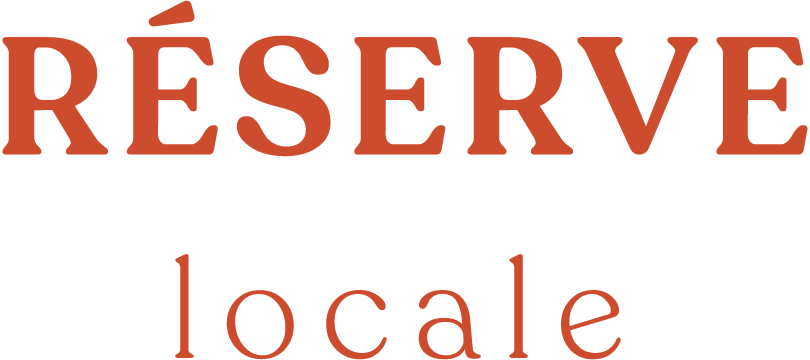

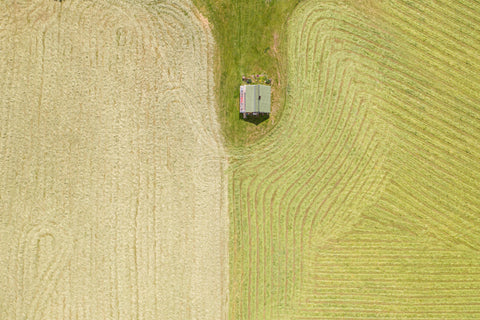
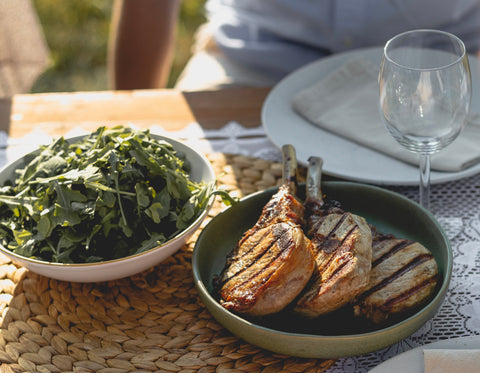
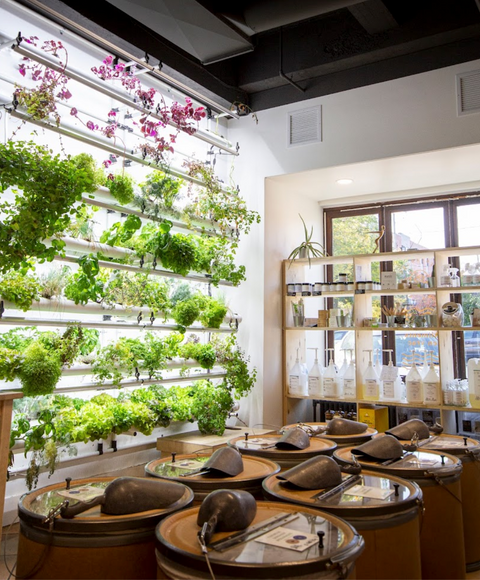
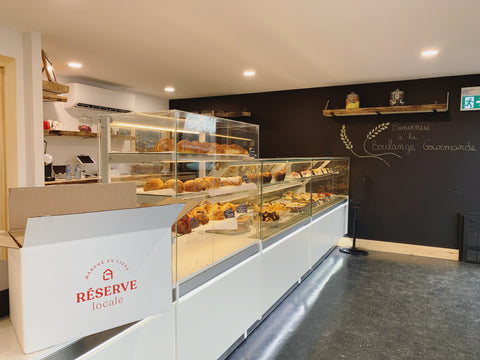
Comments (0)
There are no comments for this article. Be the first to leave a message !